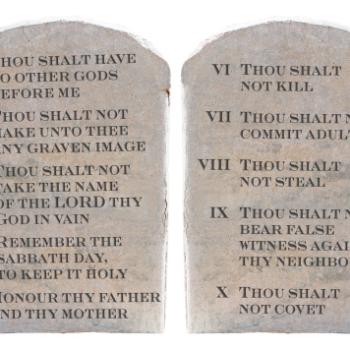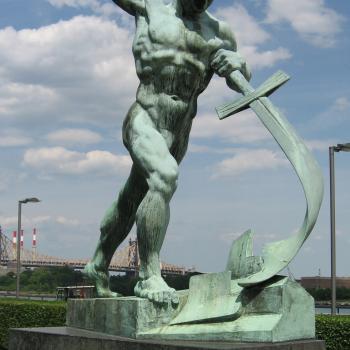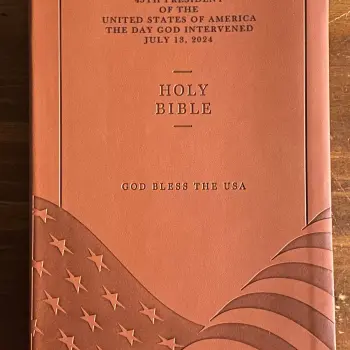Yesterday, the U.S. Supreme Court agreed to rule on whether or not the U.S. Constitution allows vocal prayer at government meetings. Such prayer has been a common practice in the U.S. Congress and state governments since the founding of the USA, over two centuries ago.
This question has arisen because two women, Susan Galloway and Linda Stephens, have challenged their hometown of Greece, New York, for beginning its governmental meetings with prayer, usually conducted by selected Christian clergy. These women claim this practice is in violation of the First Amendment of the U.S. Constitution, which states, “Congress shall make no law respecting an establishment of religion.” Of course, the U.S. Congress, in conducting prayer to open its meetings for so many years, never thought this a violation of the First Amendment. The two women are being represented legally by lawyers of Americans United for Separation of Church and State, which is based in Washington, D.C.
The Second Circuit Court of Appeals ruled in favor of these plaintiffs, saying the Greece Town Board’s practice of using Christian clergy to conduct prayer at the opening of its public meetings is in violation of the First Amendment. However, other federal appeals courts have ruled in similar cases just the opposite. Furthermore, the Alliance Defending Freedom, a Christian non-profit organization based in Arizona where I live, appealed this case to the Supreme Court in briefs with support from 49 members of Congress and 18 state attorneys general.
If the Supreme Court rules in favor of the plaintiffs, it would be a landmark decision in the history of the USA. And I suspect that perhaps a majority of Americans would view it as a decline from the spiritual-moral foundation of this nation established by our founding fathers.
During most of the 1980s, I was an associate staff member of what was then called The Fellowship Foundation, now also known as The International Foundation, centered in Washington, D.C. It is most known for hosting the Presidential Prayer Breakfast held early each year in our nation’s capital. It is attended by thousands of invitees throughout the world, many of them officials of their nation’s government, as well as many members of the U.S. Congress and our nation’s president, who often gives an address or perhaps a presentation. The Foundation is a Christian organization, although its leaders prefer not to use the word “Christian” in identifying themselves or their ministry mostly due to the historical misuse of that term. The Foundation serves as an umbrella to many ministries, including prayer and Bible study groups among members of Congress, various other branches of the federal government, and the military. The Foundation has always shied away from publicity and never adopted a hierarchy of leadership.
The primary purpose of The Fellowship Foundation (thefellowshipfoundation.org) has been “to love God, and love our neighbors as ourselves” and to follow the teachings of Jesus as found in the New Testament. The Foundation was begun by a Norwegian American and Methodist minister, Abraham Vereide, who first established the so-called “prayer breakfast ministry.” Later, Dick Halverson, senior pastor of Fourth Presbyterian Church in Bethesda, Maryland, for 23 years, was the recognized senior leader of the Foundation. At the request of the U.S. Senate, he also served as its sole Chaplain from 1981 to 1994. Throughout this period, beloved Halverson customarily opened sessions of the U.S. Senate by delivering a prayer.
(Dick Halverson and Billy Graham are the only two people who endorsed my book, The Gospels Interwoven, on its back cover. One time, Dick invited me to the Senate dining room to have lunch with him and meet some of the senators.)
The Supreme Court will hear this case in its next term, which begins in October this year. What a shame it will be if the Court rules in favor of the plaintiffs. If so, how can our nation continue in good faith to print all its legal tender that states, “In God We Trust,” which is the most visible of all its statements? However, if the Court rules that only members of the government can deliver such a prayer, that might even be better.












